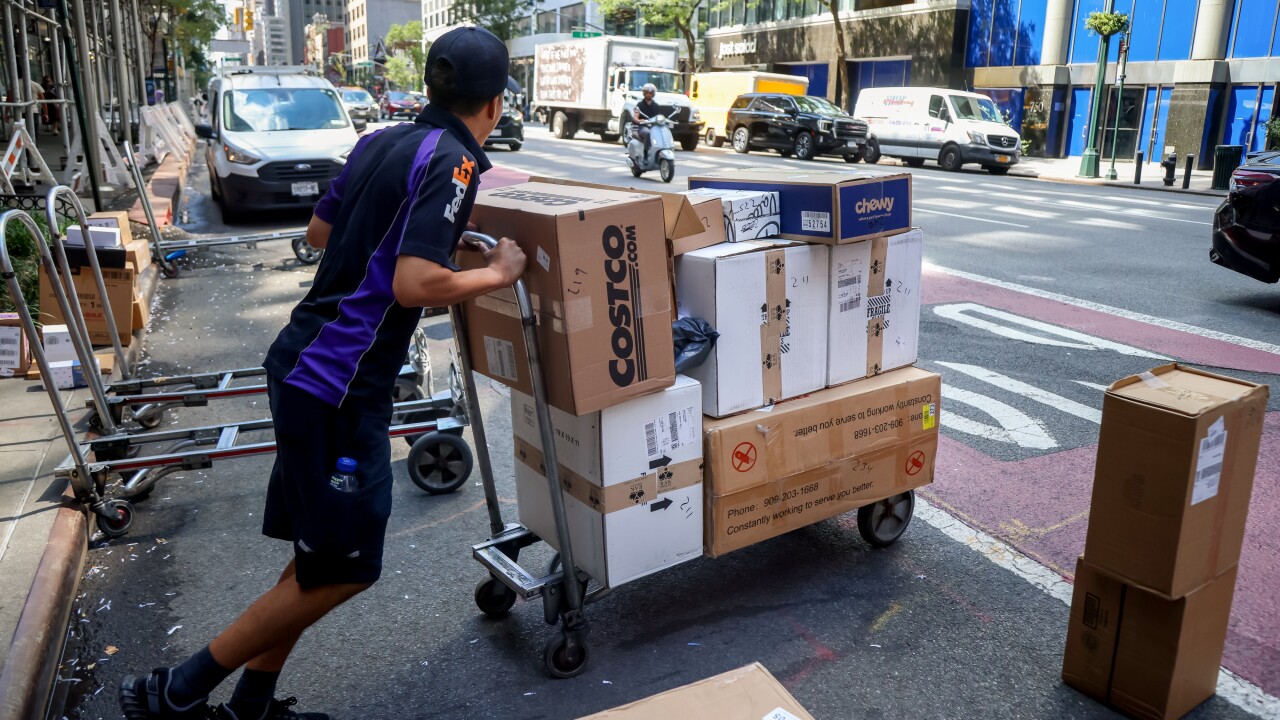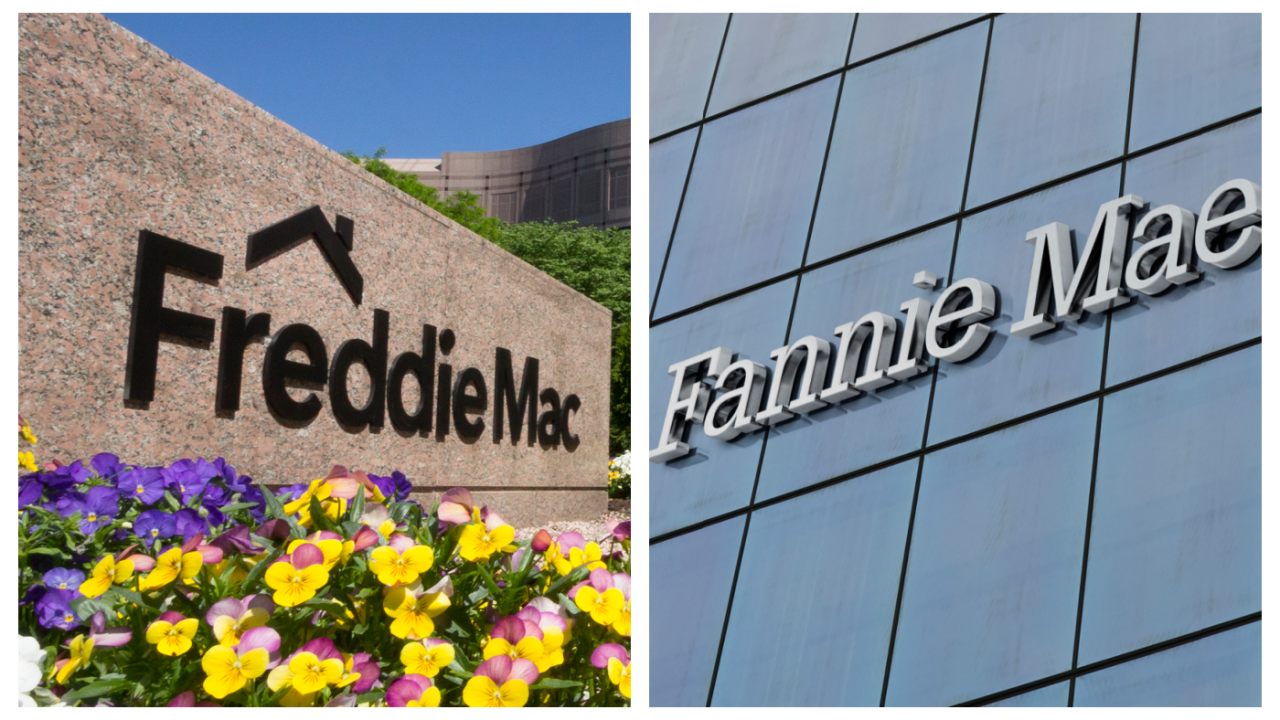LONDON — The U.K. government Thursday said it will sell Northern Rock PLC to Virgin Money for £747 million ($1.2 billion) cash, marking a major loss on its investment in the mortgage lender that became a symbol of the financial crisis when its near-collapse sparked a run on the bank four years ago.
U.K. Financial Investments Ltd., the government body that managed the holding, said it could receive as much as £1 billion over time through a further £150 million in Northern Rock bonds it will hold, and a promise of additional money if the bank is sold or floated for a profit within the next five years. Another £50 million is likely to be paid to the government after the sale completes next year, depending on the bank's net asset value.
Chancellor of the Exchequer George Osborne Thursday called the sale "the best deal for British taxpayers" and part of the longer-term recovery of the U.K. economy and its banking system. He had formally put the bank up for sale in June and the sales process was handled by Deutsche Bank AG.
The purchase is a coup for Virgin Money, which had tried to buy Northern Rock before it was nationalized in February 2008 and restructured into a smaller bank, and which is trying to gain a foothold in a U.K. retail banking sector dominated by just five major banks. Virgin Money is the financial arm of Richard Branson's Virgin empire.
For its cash, Virgin Money will receive 75 Northern Rock branches, mainly in the north of England, 1 million customers, a £14 billion mortgage book and £16 billion in retail deposits. Virgin Money had been seen as the front-runner to acquire the bank, and had lined up financial backing for the purchase from U.S. investor Wilbur Ross.
"We are ready to shake up the banking market with a fresh approach and some Virgin style," Richard Branson wrote on his blog Thursday. The business will be rebranded with the Virgin Money name next year and used as a branch platform for Virgin Money's existing mortgage, credit card and insurance products.
U.K. banks are currently being battered by increased regulation and worries over the euro-zone debt crisis, raising questions about whether now was the best time to sell Northern Rock. New banking reforms are due to be written into legislation some time next year that will aim to improve competition and make the country's financial system safer.
The sale also highlights how the U.K. has lagged far behind the U.S. and European countries in shedding its holdings since the financial crisis.
The government invested £1.4 billion in equity in Northern Rock, but had been resigned to making a loss on the bank because of the costs involved in restructuring it and preparing it for the sale. A larger "bad bank" holding the bulk of the original Northern Rock's mortgage loans is still owned by the government. It made a profit in the first half and has been paying down a government loan currently standing at around £20 billion.
In the context of that holding, and the government's even-larger stakes in banking giants the Royal Bank of Scotland Group PLC (RBS) and Lloyds Banking Group PLC, Thursday's sale is relatively tiny.
The stakes in RBS and Lloyds stakes, which cost the government around £63 billion, are currently £37 billion under water.
Keith Morgan, head of wholly owned investments at UKFI, dismissed the suggestion that it wasn't a good time for the government to be selling a bank, noting that the total payments received may end up not being much below Northern Rock's £1.12 billion book value. That compares with European banking stocks currently trading at an average 0.6 times book value.
The total cost or payoff to taxpayers from the U.K. bank holdings will also take years to fully emerge, he said.
The sale of Northern Rock has symbolic value since a breakdown in bank funding markets in summer 2007 forced the bank to seek emergency funding from the Bank of England, causing panic for Northern Rock customers. In mid-September of that year, customers lined up outside of branches to get their money out, in the first run on a U.K. bank for more than a century. The government later said it would guarantee all of the bank's retail deposits but was criticized for being slow to react as the crisis unfolded.





